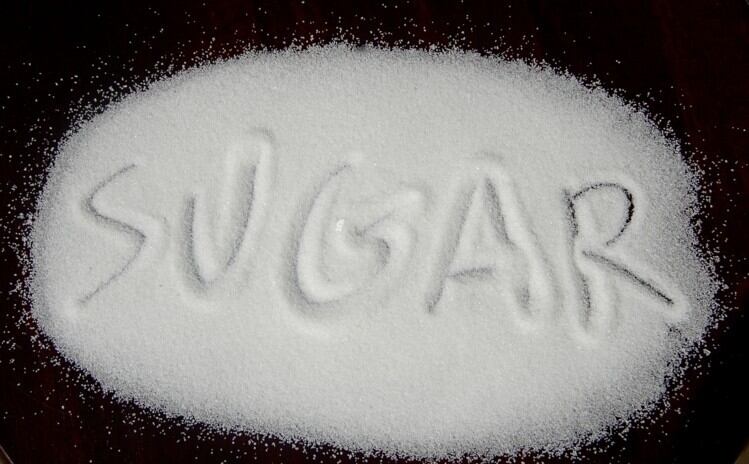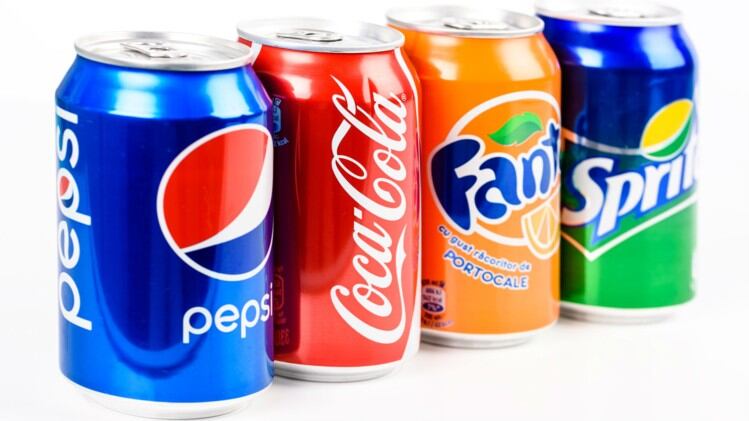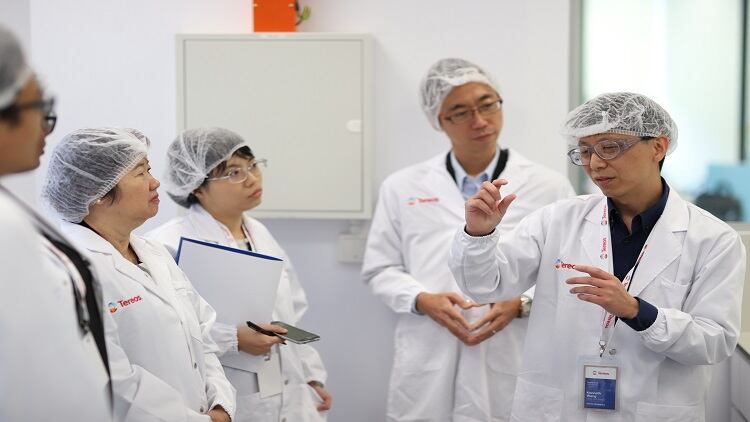The sugar tax announcement was made by Malaysian Finance Minister Lim Guan Eng in his speech tabling the nation’s Budget 2019. The tax is aimed at combating rising levels of obesity in the country.
In response to this, the Federation of Malaysian Manufacturers Malaysian Food Manufacturing Group (FMM MAFMAG) has told FoodNavigator-Asia that: “[We] view the introduction of sugar tax on drinks and juice with concern.
“Selective taxation is not an effective policy response to promote a healthier lifestyle among consumers.”
“We support a holistic and collaborative approach to combat obesity and non-communicable diseases (NCDs) which is a far more effective solution than taxation.”
FMM MAFMAG is the representative organization of the Malaysian manufacturing sector. In this case, it is also speaking on the behalf of various food manufacturers in the country, including Coca-Cola Malaysia and PepsiCo Malaysia.
Both Coca-Cola and PepsiCo have declined to respond to queries regarding product sales and potential price increases of their products respectively.
The federation added that the ‘actual causes’ of obesity and NCDs in Malaysia should first be identified, and that ‘proposed solutions should undergo rigorous and thorough analysis as well as consultation with all stakeholders’.
“The excise tax that has been set in the 2019 Budget is more stringent than the current HCL criteria,” it said.
“We urge the authorities to allow gradual reformulation and a longer grace period to enable industry to better support the government’s public health agenda.”
‘A very limited solution’
According to Nirmalah Thurai, Chairman of FMM MAFMAG: “Selective taxation on food and beverage products is a very limited solution in efforts to promote healthy lifestyle.
“A collaborative multi-stakeholder approach between the public and private sectors would yield far more effective solutions in combating these public health concerns.”
FMM MAFMAG added that it has fully supported other initiatives undertaken to promote healthier food choices.
These include the Malaysian Healthier Choice Logo (HCL) implementation by the Ministry of Health (MOH), the reformulation of existing products to reduce sugar, and innovation to create new products which are healthier and lower in sugar.
“In addition, the industry has also worked on providing clearer and more easy-to-find nutritional information through front-of-pack labelling, enabling Malaysians to make more informed food and beverage choices,” it added.
These opinions echo those previously surfaced by other experts, including those from Food Industry Asia and think tanks Penang Institute and the Galen Centre for Health and Social Policy.
Dr Lim Chee Han from the Penang Institute suggested a ‘graded sugar tax model’ to better tackle obesity and NCD issues in the country in a previous interview with us.





